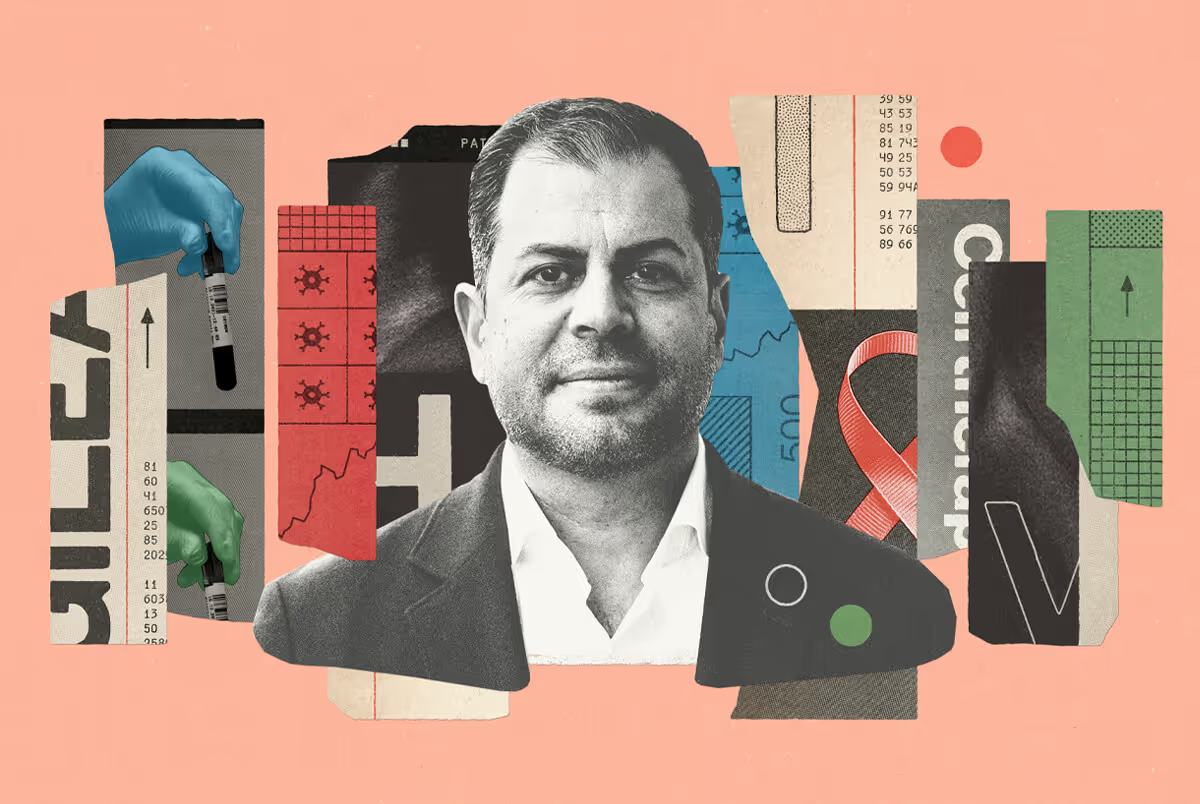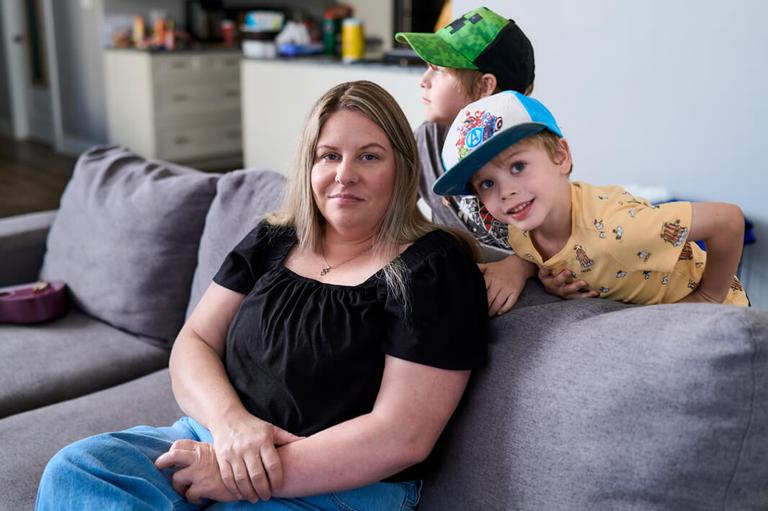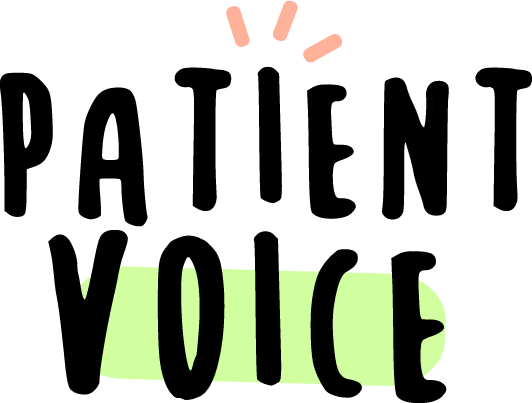
Lisa Machado | @iamlisamachado
Have you heard the one about the monkey and the fish?
It goes something like this: once upon a time, there was a friendly monkey sitting in a tree over a river. He loved his tree — it was comfortable, he knew the curve of every branch, and he often wondered why all the animals didn’t live in trees. On this day, he spotted a fish in the river swimming with all its might, using little gills to steer clear of sharp rocks and pointy branches. Thinking that the fish was drowning, the monkey sprang into action. Hanging precariously upside down with his legs wrapped around a thin branch, he plunged a furry hand into the water, scooping the fish out of the water and laying it carefully beside him. At first, the fish flapped its tail violently, almost falling from the branch and back into the water, but the monkey was agile and quick, catching the fish with his hands and holding it tightly until it finally stopped moving. In the stillness, the monkey sat back, feeling proud of himself for saving the fish, thinking of himself as courageous and noble.
There are many versions of this Buddhist parable. Some have the monkey “rescuing” the fish from drowning in the ocean and leaving him on dry land to recover. Other iterations have the monkey carrying the fish up into his tree after a raging storm had washed the fish onto the shore and stroking him peacefully until he becomes still. The messages are the same, however: don’t assume that what’s good for us is good for others; it’s important to acknowledge everyone’s unique needs; and things have happier endings when we make space for different experiences and perspectives.
“Certainly, we’re trending toward telling more and more stories of lived experience — the faster and more furious, the better — and having those stories valued for the instruments of change that they are.”
These have long been themes in advocacy: just because something worked for you, doesn’t mean it’s appropriate for me; what I need from my medication, health care provider, government, or support network may not be what you expect from yours; and if we each take a moment to understand how different experiences colour the lens through which we live, work, and survive, fewer of us will flail helplessly. And so we tell our stories, share our ideas, and speak from places of hard-learned lessons in hopes of opening the eyes and minds of the “monkeys.” Yet here we are — still debating the meaning of patient engagement; questioning the value of lived experience; leaving people to die in our emergency rooms; keeping life-saving therapies out of the reach of those who need them the most; endlessly surveying patient communities (the results of which are never to be spoken of); harming our most vulnerable with shoddy, undignified long-term care; and so on. We’re flailing.
But perhaps we’ve reached a tipping point. Certainly, we’re trending toward telling more and more stories of lived experience — the faster and more furious, the better — and having those stories valued for the instruments of change that they are.
In 2024, there were not only countless conferences, meetings, and committees focused on patient engagement, but also loud commitments by organizations to embed lived experience into their business models (think Canada’s Drug Agency and Roche). After all, patients and caregivers — advocates — have known for decades that personal perspectives have the power to make astonishing change — consider the recent updated breast cancer screening guidelines, access to life-saving Trikafta, and innovative ways of caring for people with dementia. People — and their voices — made all of this happen.

Looking into 2025, the challenge will be sustaining the forward progress that we’ve achieved thus far — a goal made ever more critical in this election year. We’re long past random expensive award ceremonies, coffee meet-ups, and events that explore the value of patient engagement without (or just barely) including patients — been there, done that. What we really need are the alliances that bravely combine strengths and experiences instead of taking what others have spent years working toward and making it seem new; the ones that build a collective voice represented by numbers that are impossible to ignore; and collaborations that authentically stand behind patient engagement, focus, involvement, participation, and so on, without having to seek a definition of it first. This is where real change will happen.
Because as long as there are monkeys, we will be fish.
Lisa Machado is a Toronto-based writer and health care advocacy consultant. She can be reached at iamlisamachado.com.
%20(1).jpg)






